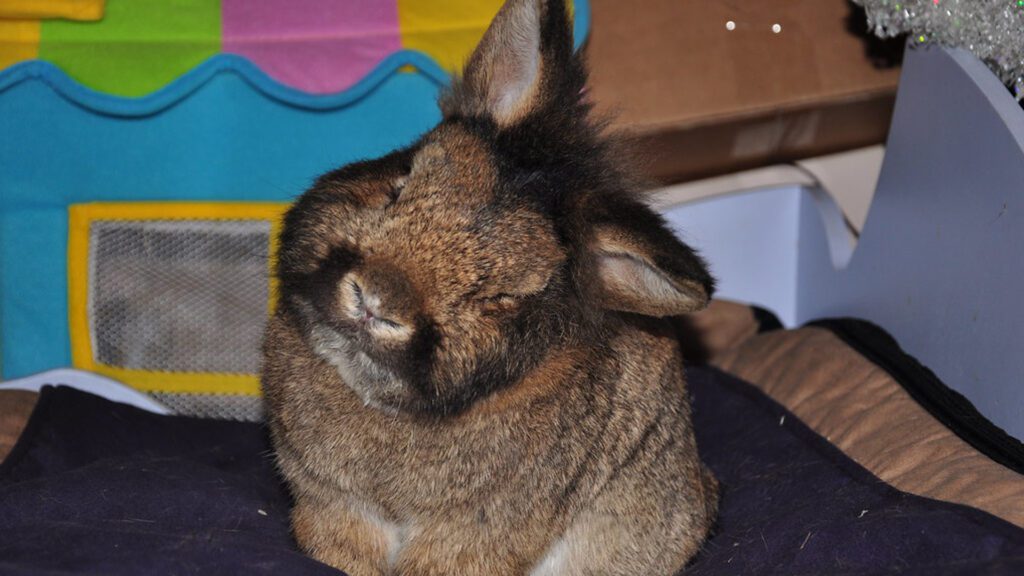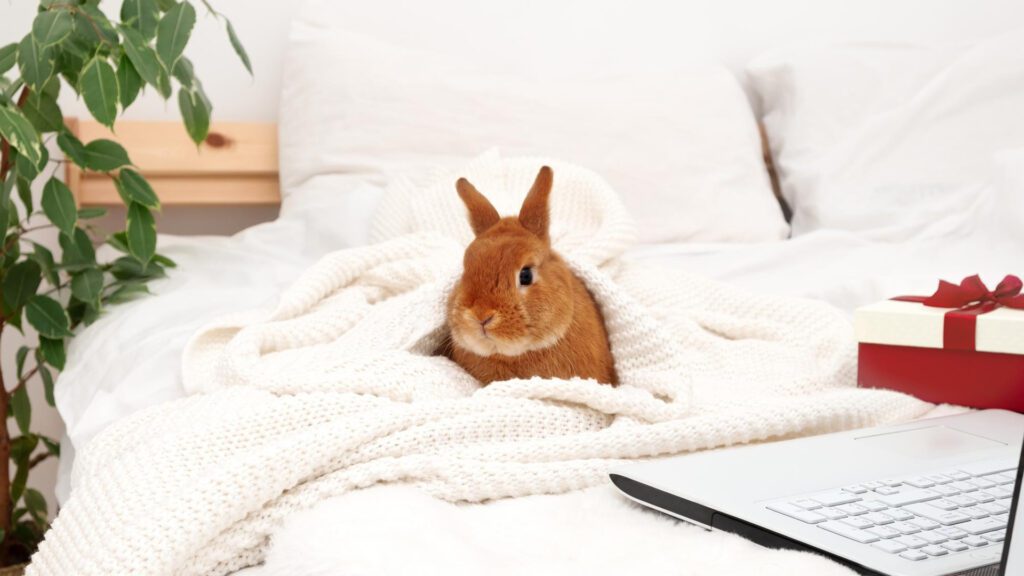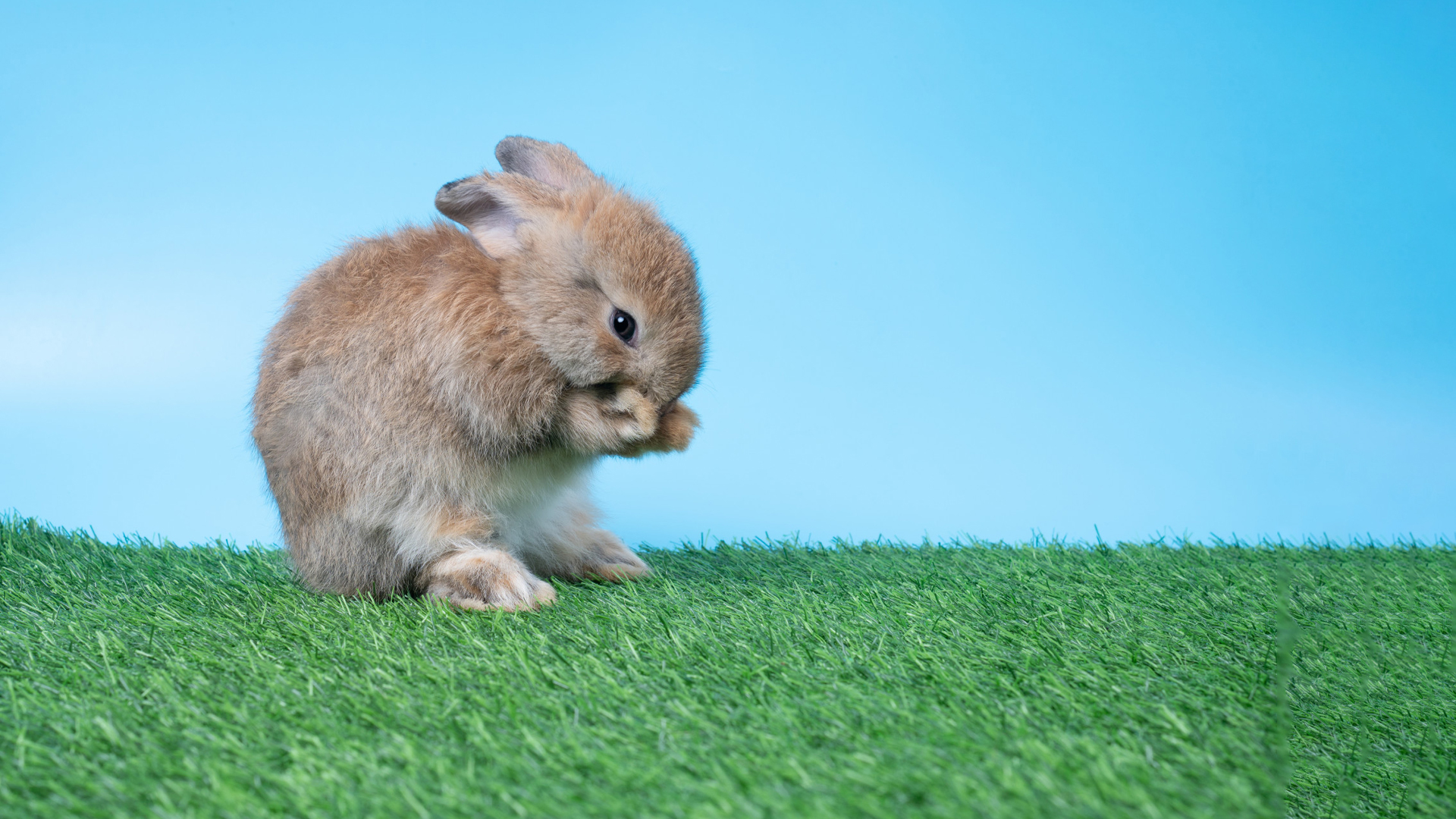Have you ever noticed your bunny shaking and felt a little worried? It’s expected that you’ll be concerned when your pet starts doing something unusual. But don’t worry.
This article has all the causes, and some quick treatments to help you fix the little buddy!
Why is My Rabbit Shaking?
Rabbits are the most fun-loving pets. They can even live outdoors and thrive in any condition, but what makes them tremble?
There can be several reasons why a rabbit is shaking, such as hiccups, fast breathing, health issues, or cold temperatures.
Is It Normal For Rabbits To Shake?
Yes, it is! Rabbits change their body language just like humans do to adapt to new situations. However, constant shaking can be a great concern, especially if the rabbit has stopped eating and drinking.
6 Common Causes of Rabbit Shaking
If you’re a new pet owner, you might feel something is wrong with your bunny and that it needs a veterinarian immediately, but hold on! There can be many harmless reasons why your rabbit might be shaking or trembling.
The Rabbit May Have Ear Mites

Look closely for visible symptoms of ear mites. The easiest way to determine whether your rabbit has mites is to observe if the rabbit’s whole body is shaking or just the ears.
If you spot redness or discharge around the ears, it’s time for a quick checkup. While these ear mites are not that concerning, they can cause other infections if left untreated.
Fear of Something
Rabbits are expressive and act weird when they are afraid. That could be around a new pet, the presence of predators, loud noises, or constant movements.
Cold Temperature
A change in temperature can cause your rabbit to tremble. They use their skin to normalize their body temperature and may start shaking, especially during the cold months.
Excitement or Anger
The most common reason for a rabbit to shake is to show anger or excitement: the two extremes of this small pet. They may be annoyed at getting late food or excited to finally have a new partner.
Seizures Can Cause Twitching
Underlying health conditions can cause heat stroke, seizures, and other neurological issues that lead to shaking and tremors in rabbits. The constant shaking might also indicate gastrointestinal issues or bone fractures that require immediate care.
A New Habitat
Rabbits are naturally anxious. The stress of moving to a new place or not getting enough space can cause dental problems, such as teeth grinding, lethargy, and/or fast breathing. The anxiety might also cause your pet to shake.
When To Seek Veterinary Care For Your Bunny
Always look for signs of abnormal behavior to ensure your rabbit has professional care. Below are some symptoms that could indicate underlying issues:
Respiratory Problems: Sneezing, coughing, or labored breathing may cause rabbits to shake or twitch. Seek help immediately.
Gastrointestinal Distress: If your bunny has diarrhea or is not pooping, it may indicate a blockage or other issues.
Dental Issues: Watch for drooling, difficulty eating, or dental overgrowth.
Signs of Illness: If your bunny shows lethargy, loss of appetite, or abnormal behavior, it’s time to visit the vet.
Abnormal Urination: Blood in urine, straining to urinate, or changes in urine color is a sign of something serious.
Here Are Some Ways To Comfort Your Trembling Pet
Seeing your rabbit tremble can be worrying, but once your vet has guaranteed their overall health, there are several steps you can take to help soothe your furry friend!
Keep Your Rabbit Warm & Cozy

Rabbits are sensitive to cold, and you may see them shiver in chilly environments. As a responsible pet owner, you should provide extra bedding, such as soft hay or a fleece blanket they can burrow into.
You can also use a safe, pet-friendly heating pad, but always cover it with a layer to prevent direct contact with your rabbit’s skin.
Maintain a Regular Routine
Rabbits are creatures of habit and find comfort in a predictable schedule. Try feeding them, cleaning their habitat, and playing with them at the same time each day.
This consistency helps to reduce their stress levels, making them feel more secure.
Consider a Companion
Rabbits may shake to express their longing for a partner. If your rabbit is alone, consider getting a second rabbit for companionship.
Introduce them slowly and in a neutral space to ensure they get along.
Create a Calm Environment
Loud noises and sudden movements can scare rabbits. To help your rabbit stay calm, keep their living area in a quiet part of your home. Minimize loud sounds and avoid sudden, jerky movements around them.
Consistent Checkups
For a happy and healthy rabbit, visit the vet at least once a month for regular checkups and inspections. This will prevent potential infections and health issues.
Understanding Your Rabbit’s Shakes
There are lots of reasons why your rabbit might be shaking. It could be something simple, like being cold, or something more severe, like an infection.
The best thing to do is to observe them closely and contact your vet if things get serious!


